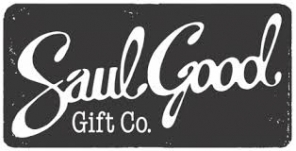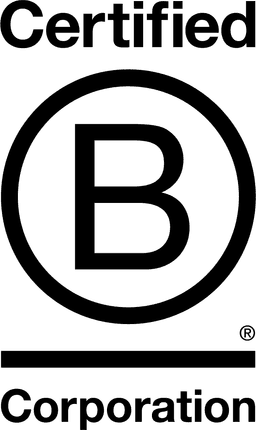

Saul Good Gift Co

British Columbia, Canada
April 2010
Food products
Wholesale/Retail
Canada
Saul Good Gift Co. helps you build meaningful business relationships with thoughtfully curated gift baskets. These award winning gifts gets devoured in minutes, but the impression they leave lasts considerably longer. This gift basket company refuses to package thoughtless ÒstuffÓ in grandiose and wasteful packaging. Instead, the contents of Saul Good gifts come with their own stories that together form a much more meaningful and memorable experience. This company was created as a way to make a positive difference through business. Each corporate gift demonstrates the delicious beauty of sustainability, local purchasing and social responsibility. The recycled cardboard gift boxes feature hand drawn maps of local Canadian cities. The products are all locally handmade and the gifts are assembled by a social enterprise that creates jobs for adults with developmental disabilities. Saul Good is proud to be part of a vanguard of entrepreneurial businesses in Vancouver's Downtown East Side that are using sustainable and community-minded business models as a force for positive, mindful, change.
Overall B Impact Score
Governance 13.2
Governance evaluates a company's overall mission, engagement around its social/environmental impact, ethics, and transparency. This section also evaluates the ability of a company to protect their mission and formally consider stakeholders in decision making through their corporate structure (e.g. benefit corporation) or corporate governing documents.
What is this? A company with an Impact Business Model is intentionally designed to create a specific positive outcome for one of its stakeholders - such as workers, community, environment, or customers.
Workers 23.8
Workers evaluates a company’s contributions to its employees’ financial security, health & safety, wellness, career development, and engagement & satisfaction. In addition, this section recognizes business models designed to benefit workers, such as companies that are at least 40% owned by non-executive employees and those that have workforce development programs to support individuals with barriers to employment.
Community 35.6
Community evaluates a company’s engagement with and impact on the communities in which it operates, hires from, and sources from. Topics include diversity, equity & inclusion, economic impact, civic engagement, charitable giving, and supply chain management. In addition, this section recognizes business models that are designed to address specific community-oriented problems, such as poverty alleviation through fair trade sourcing or distribution via microenterprises, producer cooperative models, locally focused economic development, and formal charitable giving commitments.
What is this? A company with an Impact Business Model is intentionally designed to create a specific positive outcome for one of its stakeholders - such as workers, community, environment, or customers.
Environment 20.9
Environment evaluates a company’s overall environmental management practices as well as its impact on the air, climate, water, land, and biodiversity. This includes the direct impact of a company’s operations and, when applicable its supply chain and distribution channels. This section also recognizes companies with environmentally innovative production processes and those that sell products or services that have a positive environmental impact. Some examples might include products and services that create renewable energy, reduce consumption or waste, conserve land or wildlife, provide less toxic alternatives to the market, or educate people about environmental problems.
Customers 3.2
Customers evaluates a company’s stewardship of its customers through the quality of its products and services, ethical marketing, data privacy and security, and feedback channels. In addition, this section recognizes products or services that are designed to address a particular social problem for or through its customers, such as health or educational products, arts & media products, serving underserved customers/clients, and services that improve the social impact of other businesses or organizations.